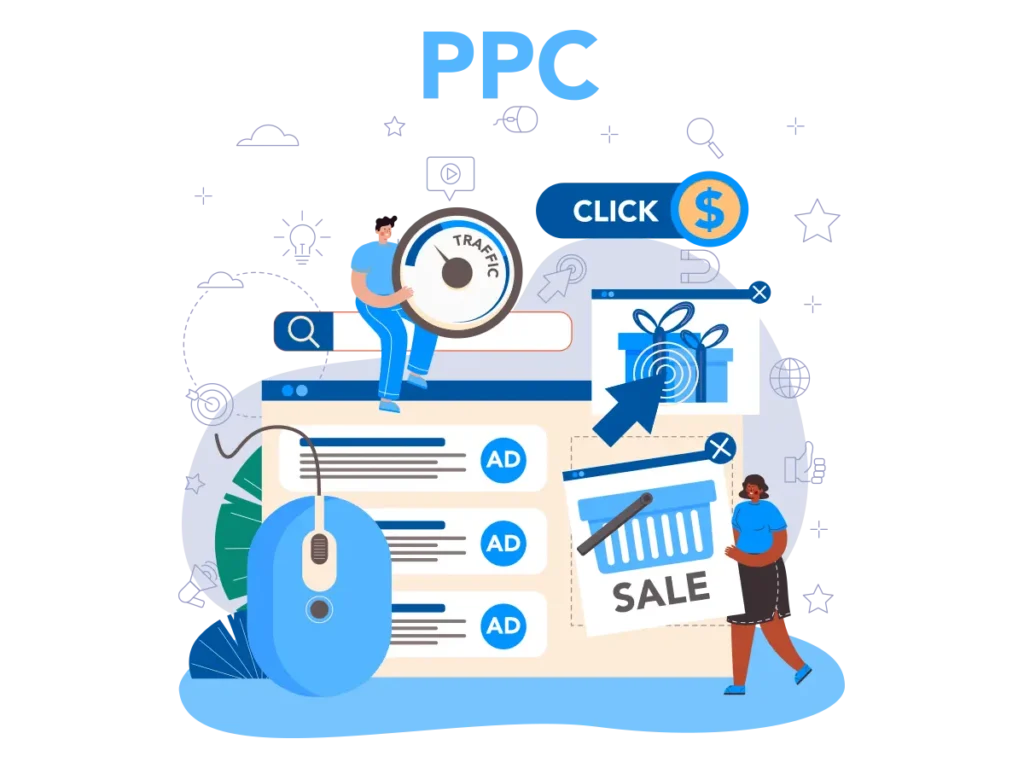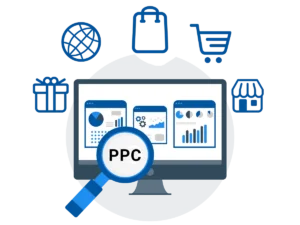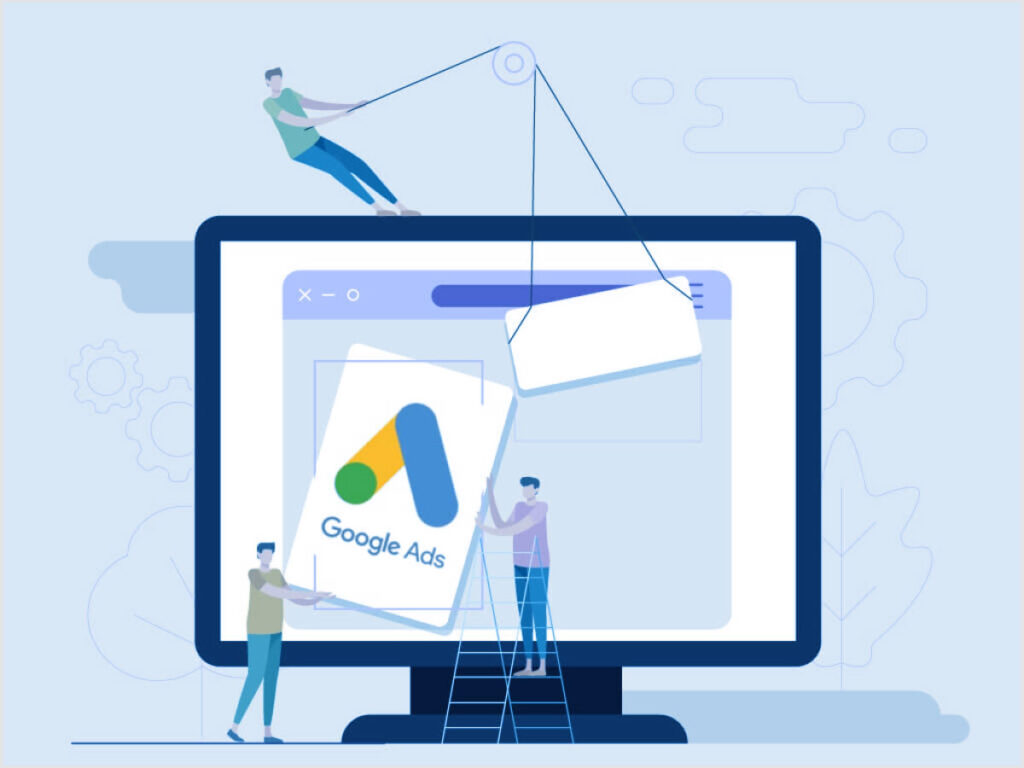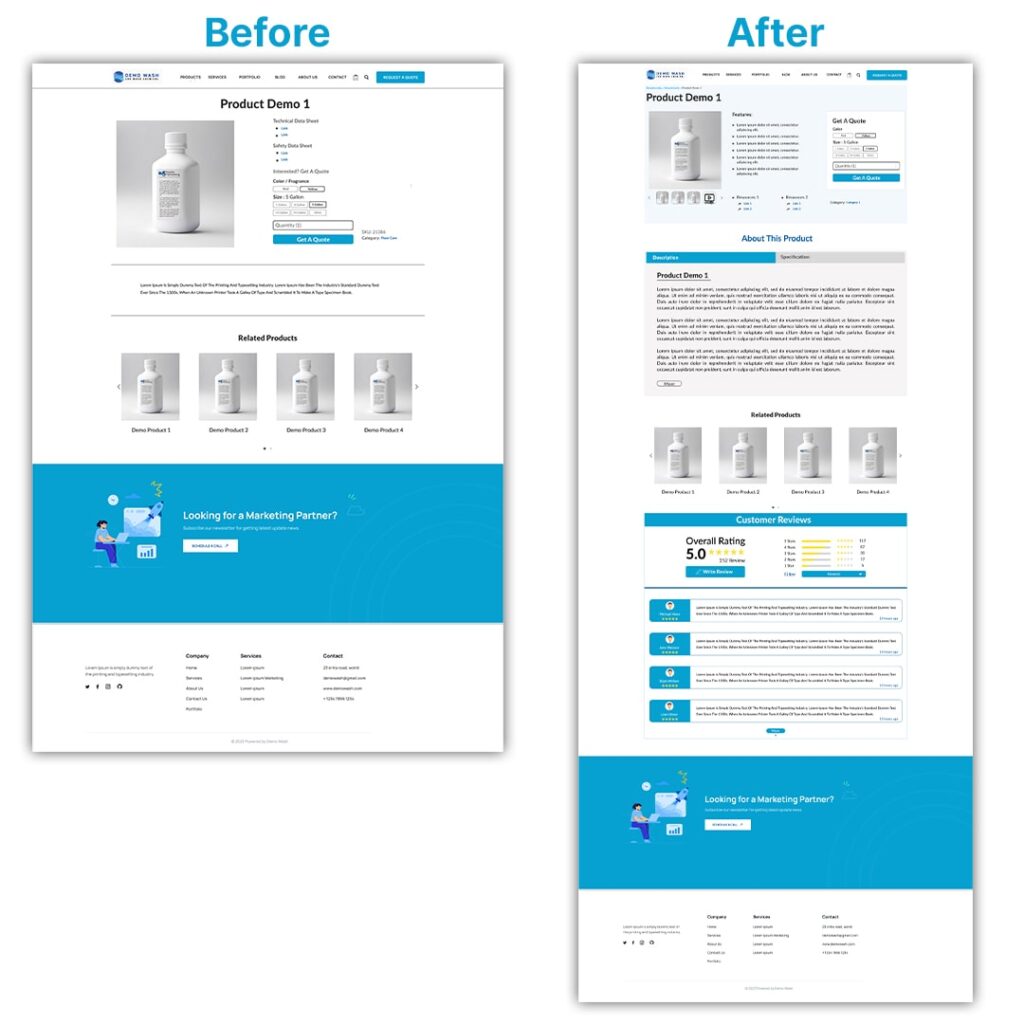Do you often find yourself stuck in the PPC spending dilemma? Or maybe wondering if you are dropping too many dollars or not enough into your pay-per-click campaigns?
Well, fear not!
Whether you are a small business hustling in the SMB world or a giant enterprise making waves, mastering PPC budget management is the ultimate key to keep your spending in check and skyrocket your revenue.
So, if you are itching to stretch your advertising dollars further and see the cash register ringing more often, you are in for a treat!
In the next few paragraphs, we are going to spill the beans on all things Pay-Per-Click (PPC) budget management – from finding that sweet spot to ensuring your ROI hits the roof.
Ready to elevate your PPC game and turn clicks into conversions?
Keep Scrolling!
What is a PPC Budget?
A PPC budget is the amount of money you allocate for your Pay-Per-Click advertising campaigns. In simpler terms, it’s like the budget you set for your online ads to appear when people click on them.
For example, let’s say you set a daily PPC budget of $50 for your shoe store’s online campaign. This means that each day, your ads will continue to show until the total cost of clicks reaches $50. Once that limit is hit, your ads won’t be displayed until the next day, keeping your spending in check while maximizing your online visibility.

What is PPC Budget Management?
Pay-per-click (PPC) budget management is the strategic handling of your pay-per-click advertising budget to optimize results. It involves overseeing how much you spend on different keywords or campaigns to ensure cost-effectiveness.
For instance, you have a total monthly budget of $1,000 for your PPC ads.
With good budget management, you might allocate more funds to high-performing keywords that bring in valuable clicks, ensuring you get the best return on investment. Much like being a financial captain steering your ad ship through the digital seas, making sure every dollar is put to good use.
Why is Budgeting Important in PPC?
Budgeting in PPC (Pay-Per-Click) is like the compass guiding your ship through the vast digital advertising ocean. Didn’t understand?
Let’s break it down why budgeting is important in PPC:
Cost Control
Are you a control freak when it comes to your PPC campaigns?
Well, guess what – budgeting is your control panel.
You can set daily, weekly, or monthly limits to ensure you stay within your financial comfort zone. Much like having a financial safety net, ensuring you don’t accidentally splurge your entire marketing budget on a single keyword click.
ROI Maximization
Budgeting isn’t just about curbing expenses; it’s about investing wisely. And by allocating your PPC budget strategically, you can focus on campaigns that deliver the best return on investment.
That is, it’s the ultimate difference between throwing money into the digital pit and nurturing campaigns that pay dividends.
Targeting the Right Audience
Your audience is the VIP guest list at a grand party. Budgeting helps you define who gets the red carpet treatment.
Plus, with a well-structured budget, you can channel funds into campaigns that specifically target your ideal audience – ensuring your message reaches the right people at the right time.
Adaptability and Optimization
In the dynamic world of digital marketing, change is the only constant. Budgeting empowers you to adapt and optimize.
If a particular ad or keyword isn’t performing as expected, you can reallocate funds to high-performing areas. Ultimately, fine-tuning your marketing strategy in real-time.
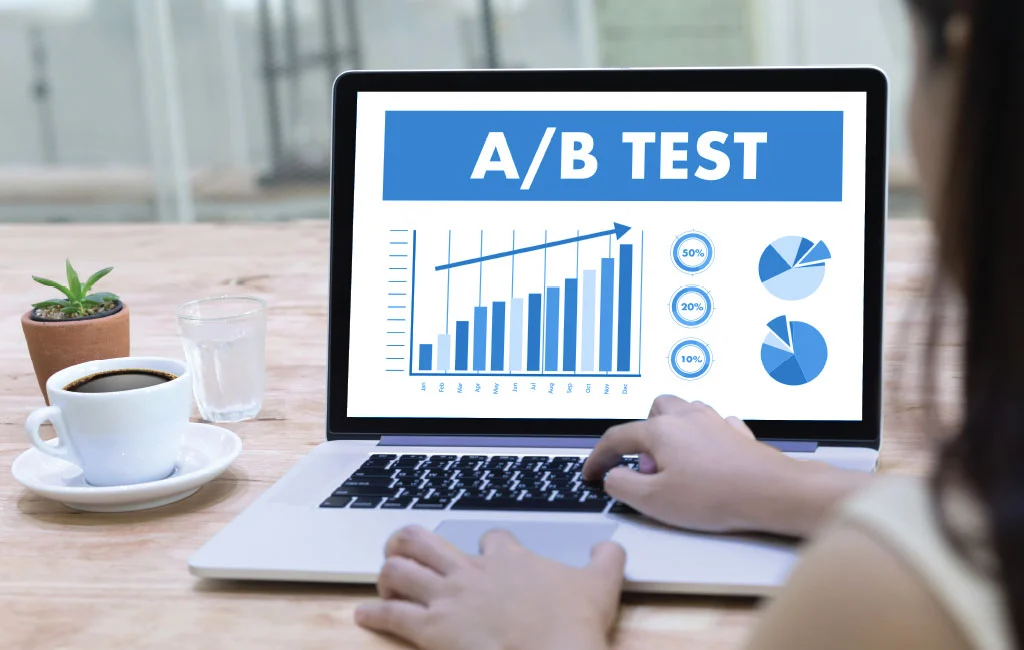
Testing and Experimentation
PPC is a playground for experimentation. With a carefully crafted budget, you can run A/B tests, explore new keywords, and experiment with ad creatives. It’s your budget that allows you the freedom to learn and refine your approach, ensuring continuous improvement and growth.
Preventing Overspending
Suppose, just imagine strolling through a shopping mall with no budget.
How will you feel? Scared and dangerous, right? PPC without budgeting is similar.
It prevents you from overspending and helps you stick to a financial plan, avoiding any unwarranted surprises when the monthly bills roll in.
Competing Effectively
In the digital arena, you are not alone. There are always competitors battling for attention and clicks. A well-managed budget ensures you can compete effectively, holding your ground and even outshining the competition without burning through your entire marketing budget.
5 PPC Budget Management Best Practices
PPC budget is the ultimate fuel that keeps your advertising engine running smoothly. Here are the five best practices to make sure you are getting the most out of every dollar:
1. Set a Profitability Goal to Determine Your PPC Budget
Alright, first things first – what’s your goal?
Are you aiming to increase sales, drive leads, or boost brand awareness?
Determining your profitability goal is like setting the destination on your GPS before going on a road trip. It guides your budget decisions and make sures every penny you spend moves you closer to your ultimate business success.
2. Conduct Keyword Research to Determine a Realistic Monthly Budget
Keyword research – the thrilling detective work of the digital world!
But instead of solving crimes, you are hunting for keywords that will make your PPC campaigns sing. So, how much should you budget for each keyword?
Well, that’s where the magic of research comes in!
What to do? Dive deep, analyze competition, gauge search volume, and then craft a realistic monthly budget that won’t leave you penniless.
3. Pace Yourself With Budget Pacing
Suppose, you are in the race of a lifetime, sprinting towards PPC success with the wind in your hair and a budget in your back pocket.
But wait – don’t burn out too soon!
Just like a savvy marathon runner, you need to pace yourself with budget pacing.
Set those daily or monthly spending limits, and you will breeze through the race without hitting the dreaded budget wall too early. After all, it’s not just about crossing the finish line; it’s about pacing yourself for the long haul.

4. Use the Power of Automation
With the right tools and tech in your corner, you can streamline your Pay-Per-Click (PPC) budget management like a pro. From automated bidding strategies to ad scheduling, automation takes the grunt work out of budget management, freeing up your time to focus on more strategic tasks (or, let’s be real, catching up on the latest cat videos).
5. Time is Money – Use Ad Schedules Wisely
Tick-tock, tick-tock – every second counts when you are playing the PPC game.
Got a limited budget? Fear not, because ad schedules are here to save the day!
Instead of running your ads 24/7 and draining your budget faster than you can say “click,” strategically schedule your ads to appear during peak times when your target audience is most active. It’s like serving up your ads on a silver platter exactly when your audience is hungry for what you are offering.
Advanced Strategies for PPC Budget Management
You see, running a pay-per-click (PPC) campaign is like playing a strategic game where every move counts. And just like in any game, having advanced strategies up your sleeve can make all the difference in winning big.
Now, when it comes to managing your PPC budget like a pro, it’s not just about setting a number and hoping for the best. It’s about wielding your budget like a skilled swordsman, making every penny count towards achieving your goals.
Here are some advanced strategies that you can follow for Pay-Per-Click (PPC) budget management:
Dynamic Budgeting
Just imagine how good it will be if your PPC campaigns are dynamic entities – constantly shifting and adapting to the ever-changing landscape of the marketplace?
Sounds like a dream!
Well, dynamic budgeting takes this concept to heart by allowing you to allocate your budget based on real-time performance data. Instead of sticking to a fixed budget that may not reflect current trends or opportunities, dynamic budgeting enables you to invest more heavily in campaigns that are driving results and scale back on those that aren’t performing as well.
In a nutshell, this agile approach ensures that your advertising dollars are always working as efficiently as possible, delivering the best possible return on investment.
Dayparting
Timing is everything in the world of advertising, and dayparting is the secret weapon that helps you capitalize on peak engagement periods. No, it’s not a new hobby where you spend your days doing cartwheels (although that does sound fun).
Dayparting is all about scheduling your ads to show up at the perfect time. You wouldn’t advertise ice cream during a snowstorm, right? It’s the same idea here.
By analyzing your campaign data, you can identify the times of day when your target audience is most active and likely to convert. Besides, dayparting allows you to schedule your ads to appear during these high-traffic windows, maximizing your chances of capturing attention and driving conversions.
Whether it’s early morning shoppers, lunchtime browsers, or late-night impulse buyers, dayparting ensures that your ads are front and center when it matters most.
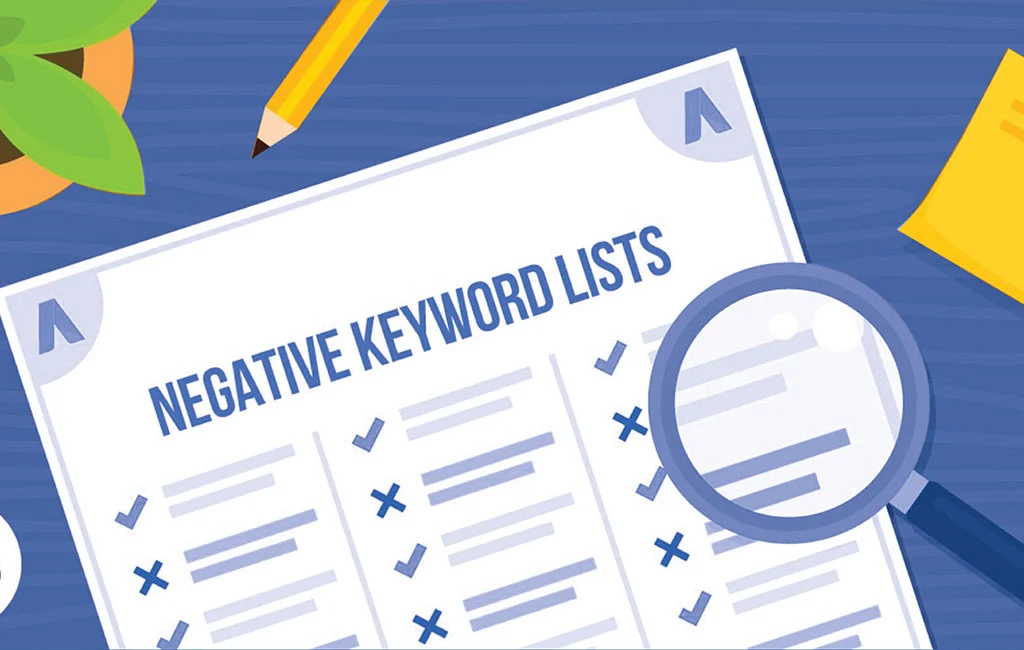
Utilize Negative Keywords
Negative vibes? Not here!
They are like the bouncers at the club, keeping out all the riff-raff that’s not relevant to your campaign. That is, by strategically adding negative keywords that are unlikely to lead to conversions, you are ensuring that your ads are only shown to users who are genuinely interested in your products or services.
This not only improves the quality of your traffic but also helps to stretch your budget further by avoiding wasted clicks. Be it filtering out generic search terms, irrelevant variations, or terms with low purchase intent, negative keywords are your first line of defense against budget-draining clicks.
Campaign Segmentation
Trying to manage a sprawling, monolithic campaign is like herding cats – it’s chaotic, overwhelming, and ultimately ineffective.
Campaign segmentation breaks down your advertising efforts into smaller, more manageable chunks, allowing you to tailor your strategy to specific products, keywords, or audience segments.
Also, by creating targeted campaigns focused on distinct goals or audience segments, you can better optimize your budget and messaging to resonate with the right audience at the right time. Whether it’s segmenting by product category, geographic region, or buyer persona, campaign segmentation helps you to fine-tune your approach for maximum impact.
Implement Bid Automation
Let’s face it – manually adjusting bids can be a time-consuming headache. And not to mention, prone to human error.
Luckily, bid automation is here to save the day!
They uses advanced algorithms and machine learning to adjust your bids in real-time based on factors like competition, ad performance, and conversion rates. Much like having a team of super-smart robots working around the clock to get you the best possible results.
From maximizing visibility for high-converting keywords to minimizing costs for low-performing ones, and adjusting bids based on competitor activity – bid automation ensures that your budget is allocated where it will have the greatest impact.
And for the best part: It frees up your time to focus on other important aspects of your business.
How? Well, by removing the guesswork and manual labor from bid management, you can focus your valuable time and energy more on strategic decision-making and creative optimization – ultimately driving better results for your PPC campaigns.
Common Pitfalls to Avoid
- Setting It and Forgetting It: If you set your budget and leave it to its own devices, you might come back to find it withered and wilted. Hence, make sure to keep a close eye on your campaigns and adjust your budget as needed to optimize performance.
- Overlooking Negative Keywords: Just like in real life, not all clicks are created equal. Neglecting to add negative keywords can lead to wasted clicks from users who aren’t likely to convert. Save your budget for the clicks that count by weeding out irrelevant traffic.
- Falling Prey to Bid Wars: It’s easy to get caught up in the adrenaline rush of bidding wars, but remember: it’s not about who bids the highest, but who bids the smartest. Hence, set clear bidding strategies based on your goals and budget limitations to avoid overspending.
- Ignoring Ad Scheduling: Time is money, especially in the world of PPC. Therefore, don’t waste your budget by displaying ads at times when your target audience is least likely to be online. Use ad scheduling to ensure your ads are seen by the right people at the right time.
- Neglecting Ad Copy Optimization: Your ad copy is your virtual storefront. Neglecting to optimize it for relevancy and engagement can lead to wasted clicks and a higher cost per acquisition. Hence, continuously test and refine your ad copy to maximize its effectiveness.
- Forgetting About Landing Page Optimization: A well-crafted ad is only half the battle. If your landing page doesn’t deliver on the promise of your ad, you are throwing money down the drain. Therefore, the smart call is to invest time and resources into optimizing your landing pages for conversions to get the most.
- Neglecting Mobile Optimization: In today’s mobile-centric world, overlooking mobile optimization is a huge mistake in terms of PPC management. Hence, make sure your ads and landing pages are optimized for mobile devices to capture the attention of users on the go and maximize your chances of conversion.
- Forgetting to Test and Iterate: The only constant in PPC advertising is change. What works today may not work tomorrow, so it’s essential to continuously test and iterate on your campaigns to stay ahead of the curve. Don’t be afraid to experiment with different strategies, budgets, and targeting options to find what works best for your business.

Wrapping Up
Congratulations!
You have now equipped yourself with the right tools and strategies to master PPC budget management. And as you start implementing these tactics, remember that the world of digital advertising is ever-evolving.
By optimizing your PPC budget, you are not just allocating funds; you are investing in the success and growth of your business. Hence, always stay curious, analyze your data, and be willing to tweak your approach as needed.
FAQs
Well, it completely depends on your goals, industry, and audience. Hence, start by setting a budget that aligns with your objectives and allows room for experimentation.
With a strategic approach (a healthy balance between visibility and cost-effectiveness), you can find that sweet spot where every dollar spent contributes to your success. Remember, it’s not just about the size of the budget but how wisely you allocate it.
While there’s no one-size-fits-all answer, even a modest budget can be enough to kickstart your PPC journey. How? Well, start small as low as $10, analyze results, and gradually scale up. Quality often trumps quantity, so focus on crafting targeted ads that resonate with your audience.
In PPC, advertisers pay for each click on their ads. It’s a cost-effective model, ensuring you only pay when potential customers engage with your content. That is, it puts the control in your hands, allowing you to tailor your spending based on the performance of your campaigns.
Absolutely!
When executed strategically, PPC is a powerful revenue generator. It drives targeted traffic to your website, increasing the chances of conversions.

